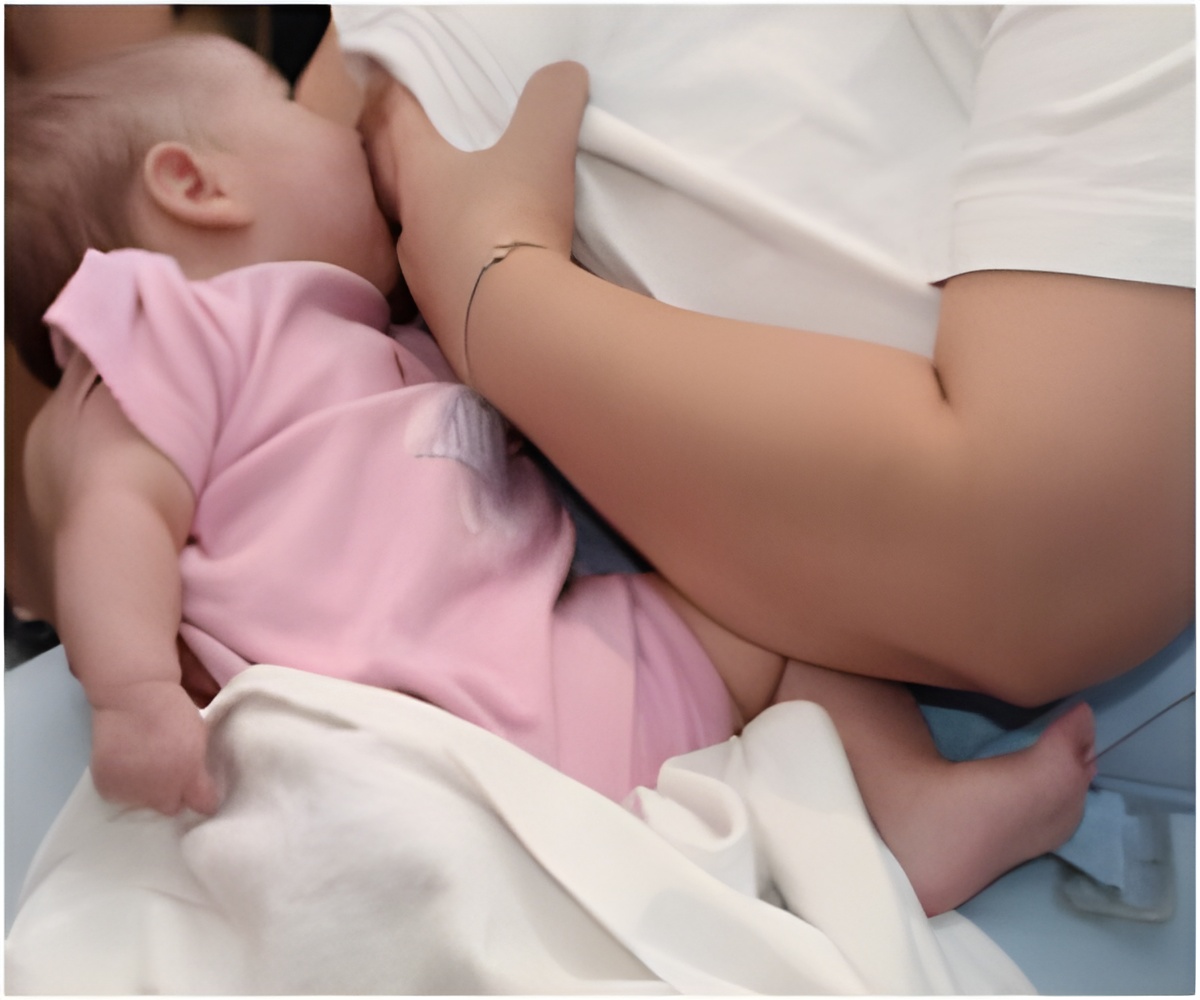
‘These bacteria protect the infant's gastrointestinal tract and improve long-term health aspects like allergy prevention’
Read More..Tweet it Now
Little was known about microbiome bacteria's role in breast milk before a range of never-before-identified microbiome species was discovered in breast milk. Read More..
Researchers believe these bacteria protect the infant's gastrointestinal tract and improve long-term health aspects like allergy prevention.
Emmanuel Gonzalez, co-author, explained that some of the bacterial species observed in the sample breast milk had a common function in destroying foreign substances or xenobiotics and could protect against toxins and pollutants. This discovery helps understand how mothers play a role in infant immunity.
For the study, the research team examined breast milk samples of Mam-Mayan mothers from eight rural communities of Guatemala. The analysis was one using high-resolution imaging technology, originally developed for the International Space Station.
The human milk microbiome was observed during a unique time window, between early and late lactation (6-46 days and 109-184 days).
Advertisement
"This longer feeding time allowed us to observe important changes in the bacteria provided to infants over time, which could impact long-term health," says Gonzalez.
Advertisement
Kristine Koski, co-author, states that studying these diverse communities is essential for understanding the variation present in humans.
"Most human milk microbiome studies have been conducted with mothers from high-income countries, generating an incomplete picture of the important bacteria passed to infants during early development," she adds.
This study has important implications for infant development and health.
The researchers add that working with underrepresented communities is vital to get an accurate picture of the human milk microbiome and the factors shaping it. They hope for more inclusive and more robust research in the future.
Source-Medindia















